Accelerate Your Development & Deployment of AI in Healthcare with the Next Generation of Innovators
Leap of Faith Connects Healthcare Companies with Top Tier Graduate Students Specializing in Computer Science & Artificial Intelligence - Building the Next Generation of AI Innovations in Healthcare
OUR “SEE ONE. DO ONE. BUILD ONE.” APPROACH
The Path to Commercializing AI in Healthcare
-
In the "see one" phase of a "see one, do one, build one" education program, students have the unique opportunity to listen to healthcare leaders share real-world experiences on how they successfully commercialized innovations and the specific frameworks they employed to shape the healthcare industry.
-
In the "do one" phase, students actively engage in a guided workshop where they experiment with building and deploying innovative solutions, gaining hands-on experience in applying the techniques and frameworks they've learned.
-
In the "build one" phase, students collaborate on real projects with companies seeking to innovate within specific segments of their healthcare organization, aiming to launch a commercialization pilot with their project upon completion of the program.

Explore Our 2024 AI-Driven Innovations with Illinois Institute of Technology (IIT)
2024 SPOTLIGHTS
AI-Driven Care Companions to Enhance Patient Engagement and Medication Adherence
PROJECT #1
Project 1 aims to develop a library of AI personas, known as Care Companions, to manage healthcare schedules and improve patient engagement. Built in collaboration with the Illinois Institute of Technology and powered by D-ID.com, these personas serve as interactive healthcare agents within a mobile application, integrating with Apple Health for a comprehensive care experience.
PROJECT HIGHLIGHTS:
-
The project successfully integrated Apple Health into the application, enabling synchronization of health data and providing a more comprehensive care experience by streamlining patient information retrieval and doctor orders.
-
The AI personas act as the user interface for the mobile app, handling medication and eDiary events, enhancing user interaction, and ensuring better medication adherence through personalized care journeys generated from health records.
-
The team implemented a highly secure internal testing process for app deployment on both the Apple App Store and Google Play, ensuring that only authorized users can participate in the testing phase while focusing on user privacy and data security.
Transforming Clinical Data into OMOP with Enhanced Patient Cohorts Based on Clinical Intent
PROJECT #2
Project 2 aims to seamlessly integrate diverse clinical data into the OMOP Common Data Model (CDM), enabling large-scale analytics and comparative research. Leap of Faith Technologies developed a data mapping solution that harmonizes information from multiple sources, ensuring consistent and accurate interpretation for healthcare research.
PROJECT HIGHLIGHTS:
-
Leap of Faith Technologies' solution annotates clinical data with globally recognized standardized code systems like SNOMED, ICD-10, RxNorm, and LOINC, ensuring precise and consistent data interpretation across various sources.
-
The harmonized data is stored in the OMOP CDM and can be leveraged by ODHSI tools such as ATLAS, empowering researchers and healthcare professionals to swiftly create and analyze patient cohorts for groundbreaking research.
-
The solution enhances the ability to generate robust real-world evidence (RWE) from real-world data (RWD), providing insights into the usage and potential benefits or risks of medical products and ultimately improving patient care.
Translating Complex Clinical Guidelines & Medical Records into Tokenized LLM Pipelines
PROJECT #3
Project 3 aims to revolutionize the analysis of patient medical records by utilizing generative AI to automate the Medicare Merit-based Incentive Payment System (MIPS) assessment process. The project built an AI-driven solution, MedOptiX, to quickly analyze emergency department notes, ensuring accurate reimbursement and high-quality care evaluations.
PROJECT HIGHLIGHTS:
-
The project employs advanced language models to process medical records more efficiently, reducing the manual effort and time involved in the current MIPS assessment process.
-
MedOptiX includes comprehensive validation checks for every data point analyzed, ensuring the accuracy and reliability of results presented in the dashboard for clinicians to verify.
-
The automated approach reduces the cost of processing a single ED note to less than $0.05, offering a scalable and affordable solution for multiple MIPS measures.
Use of AI & Ambient Tools in Problem-Based Training Improving Clinical Simulation in Medical School
PROJECT #4
Project 4 focuses on enhancing medical education by utilizing AI to develop interactive case studies and improve learner assessments at Rosalind Franklin Medical School. The project built a dynamic case simulator and automated assessment tools, allowing students to engage with realistic medical scenarios and receive instant feedback on their clinical decisions.
PROJECT HIGHLIGHTS:
-
The project developed a state-of-the-art AI-powered simulator that creates diverse and complex medical case studies, enabling students to interact in a conversational manner that mimics real-life consultations.
-
An automated checklist feature tracks student interactions with the simulator, efficiently organizing and updating critical information to enhance the learning process and focus on clinical reasoning skills.
-
Faculty can simulate lab test results, select primary diagnoses, and customize test selections, allowing for a more tailored and relevant diagnostic process that enhances both teaching and learning experiences.
Extracting Clinical & Social Insights from Historical Charts Using Generative AI
PROJECT #5
Project 5 aims to convert and structure 1800s-era handwritten medical records into searchable text to enable their use for research. Collaborating with Weill Cornell Medicine and AWS, the project developed two processes integrating AI and OCR technologies to extract and refine text from historical documents.
PROJECT HIGHLIGHTS:
-
Two distinct processes were designed: one using direct LLM integration via Amazon Bedrock and another combining OCR with LLM, ensuring scalable, accurate, and efficient text extraction and structuring.
-
The project aims to transform challenging handwritten records into usable data, potentially unlocking valuable insights from historical medical documents for modern research.
-
A successful collaboration between LOF interns, Weill Cornell Medicine, and AWS, this initiative leverages cutting-edge technology and expertise to tackle the complexities of digitizing historical records.









